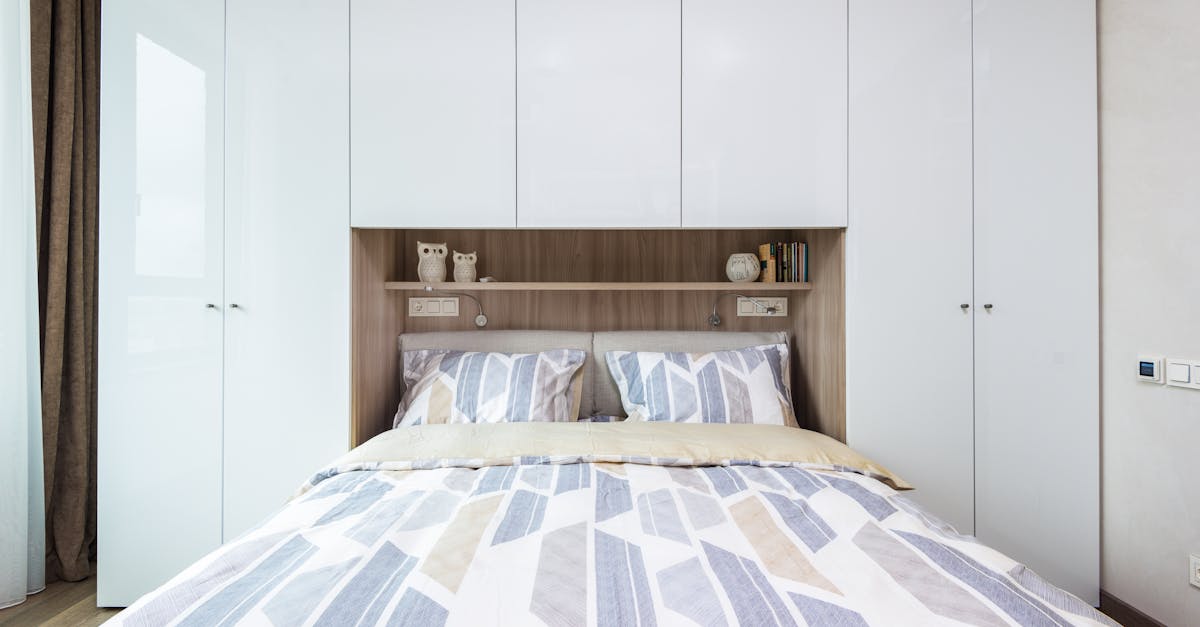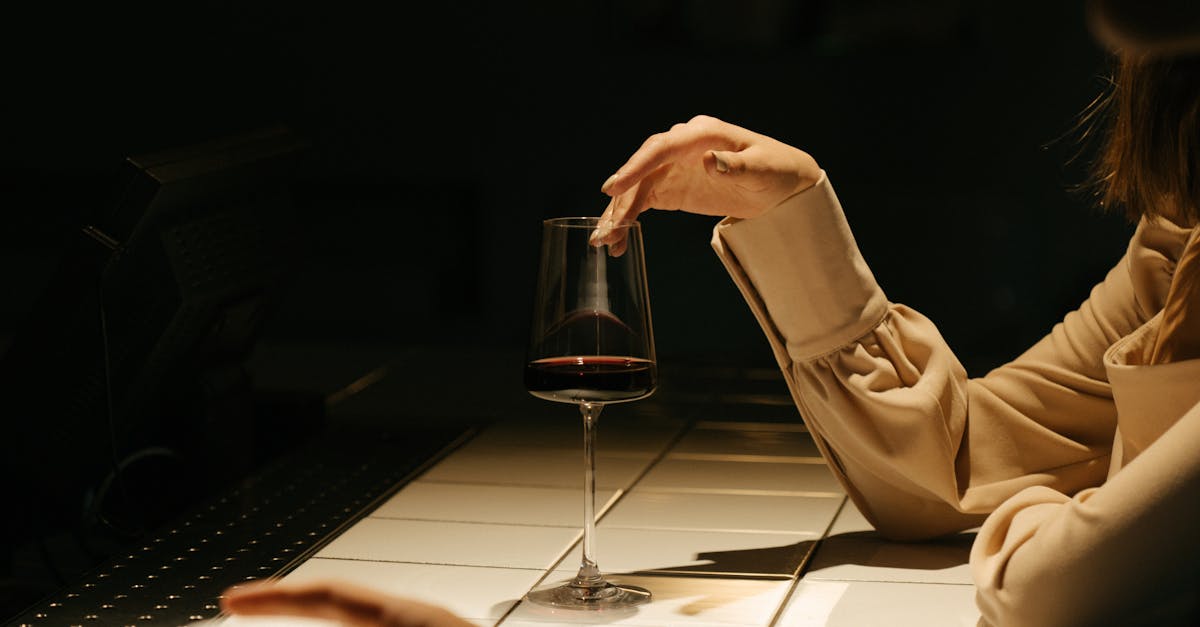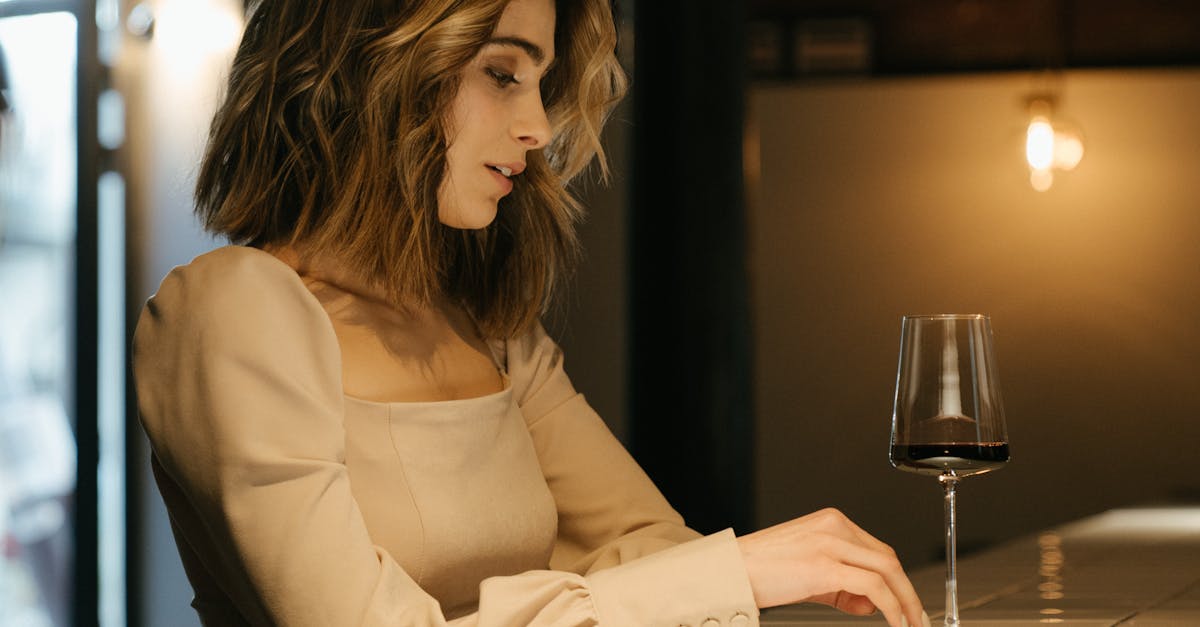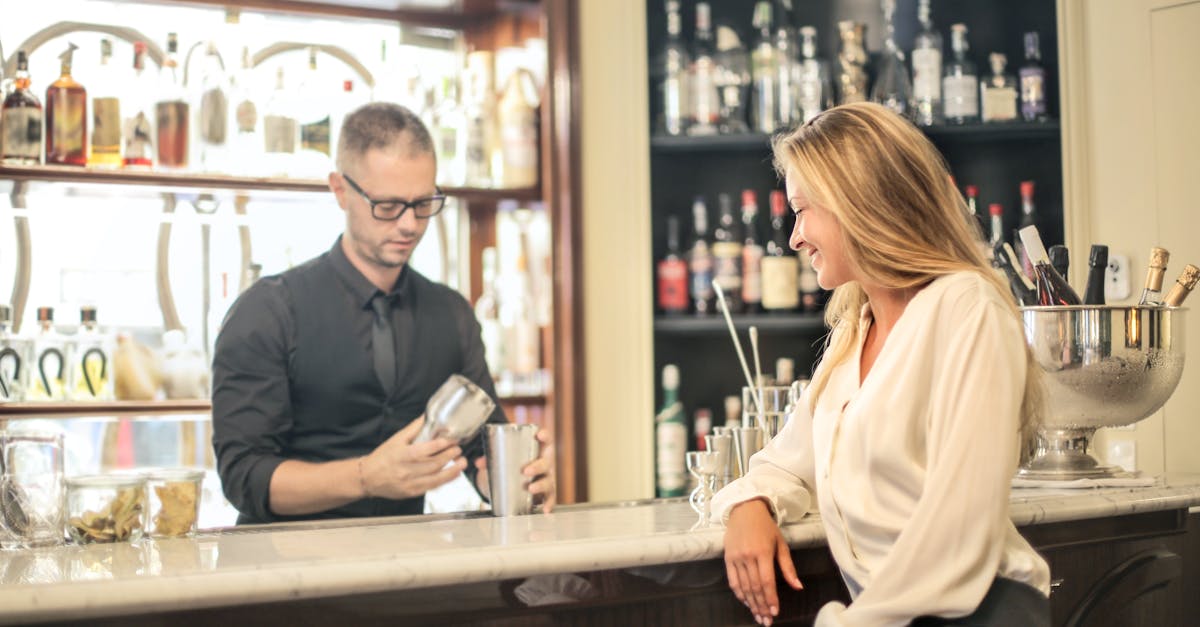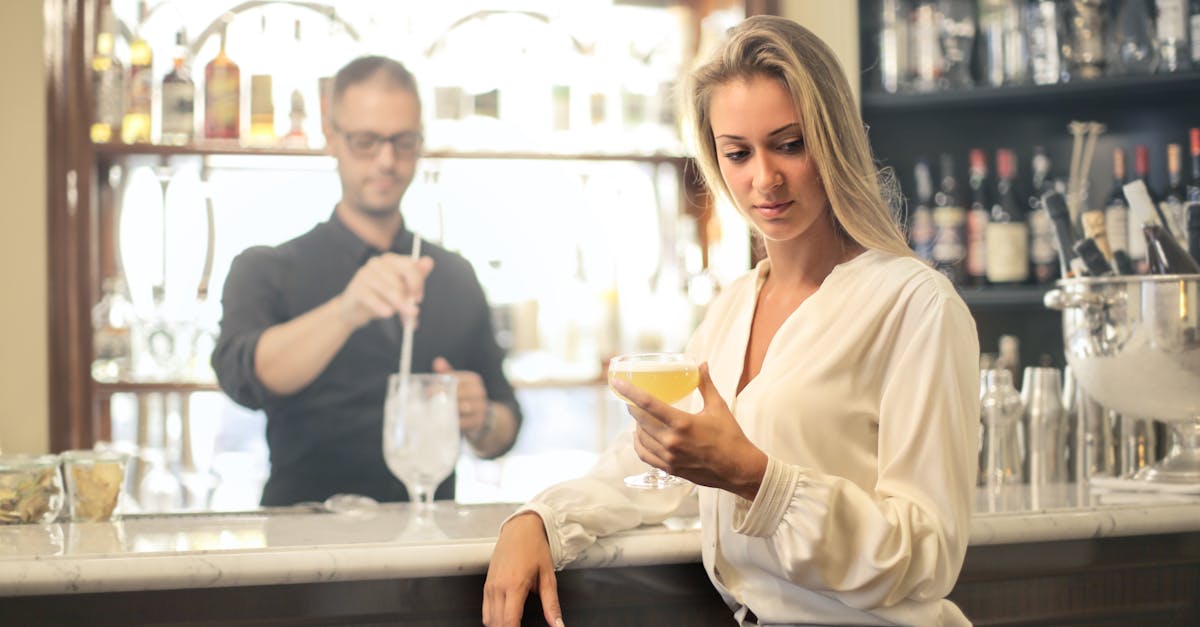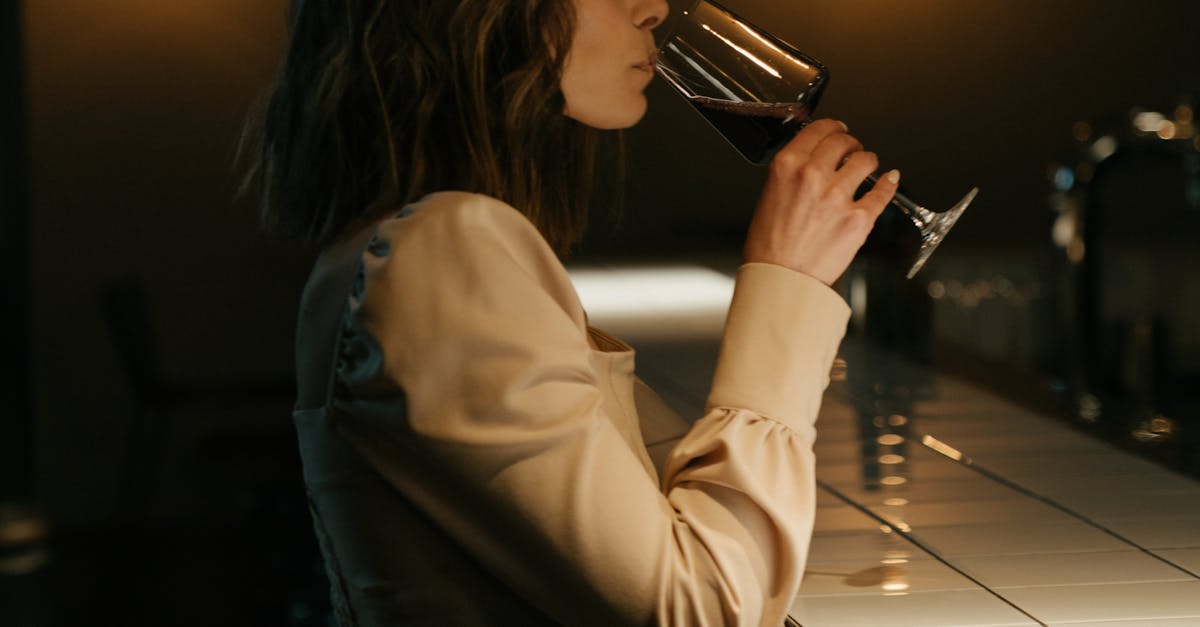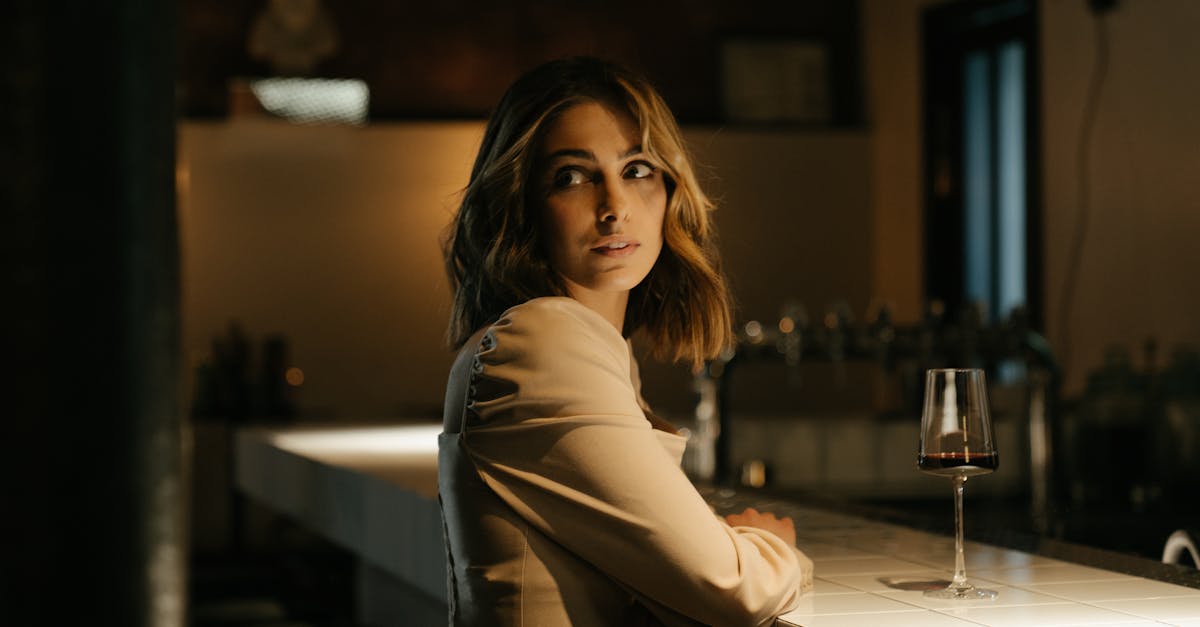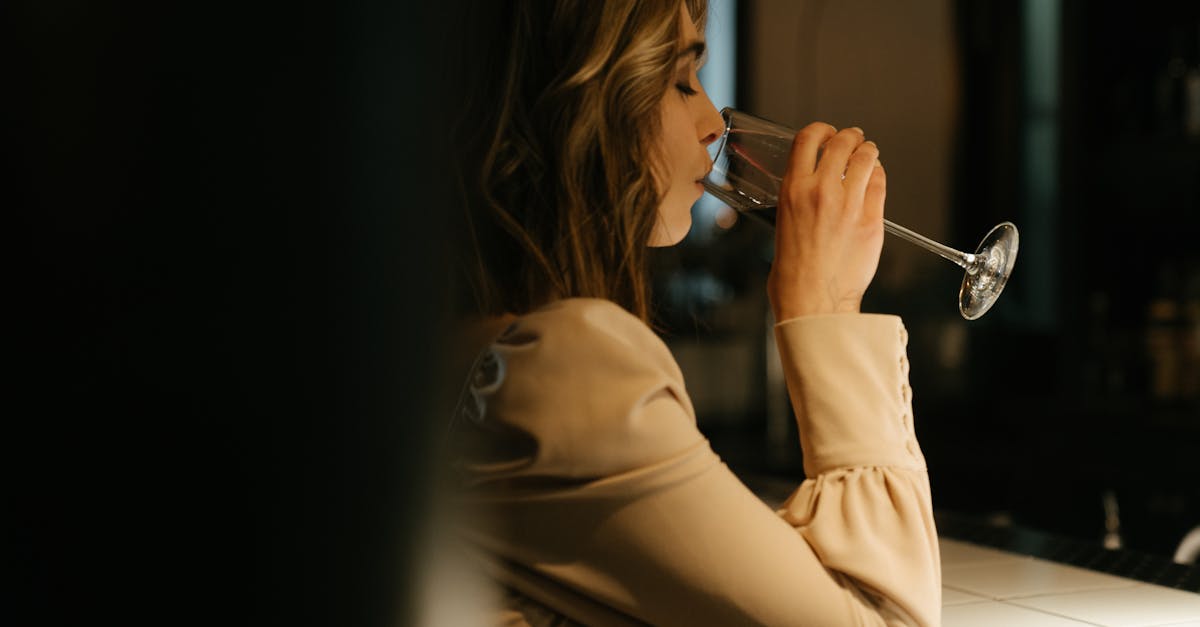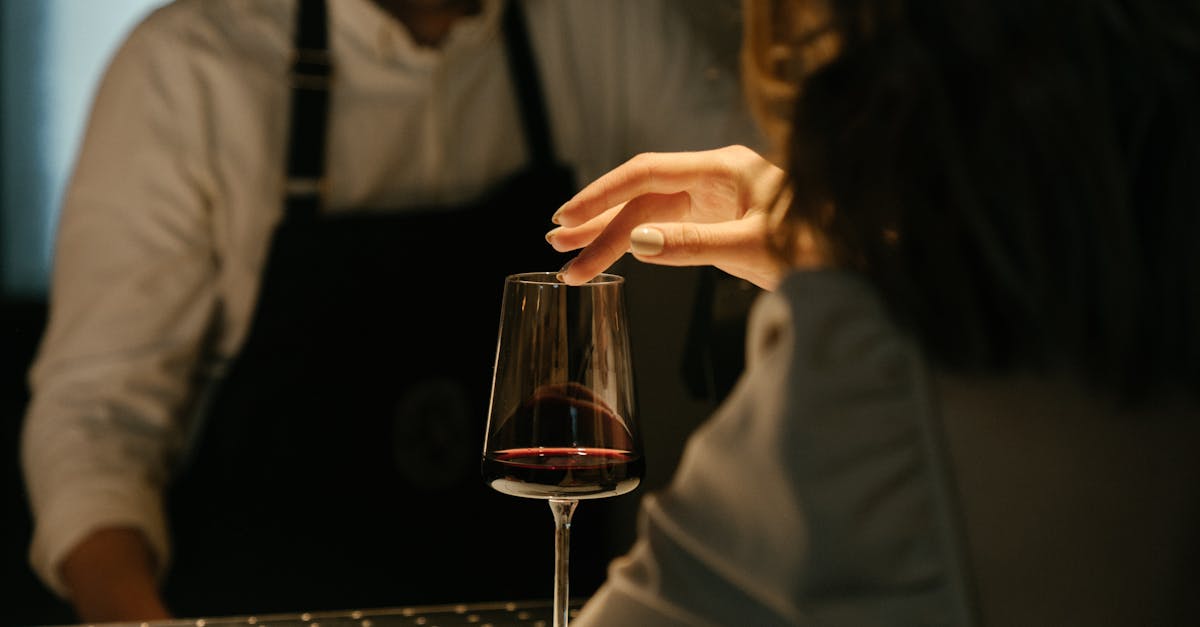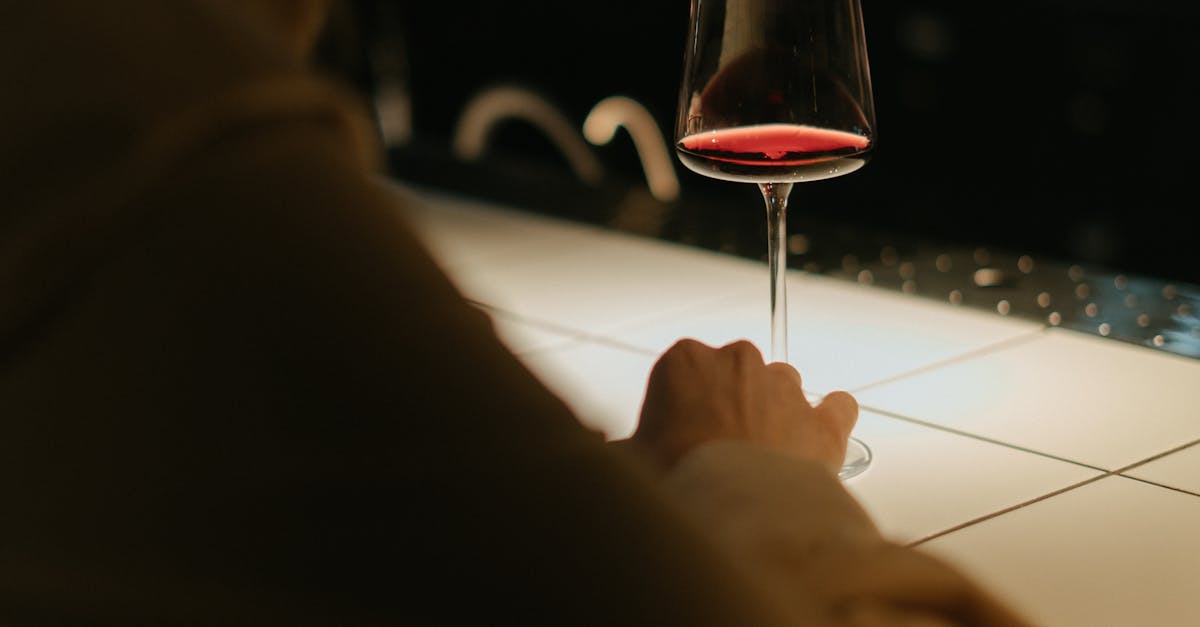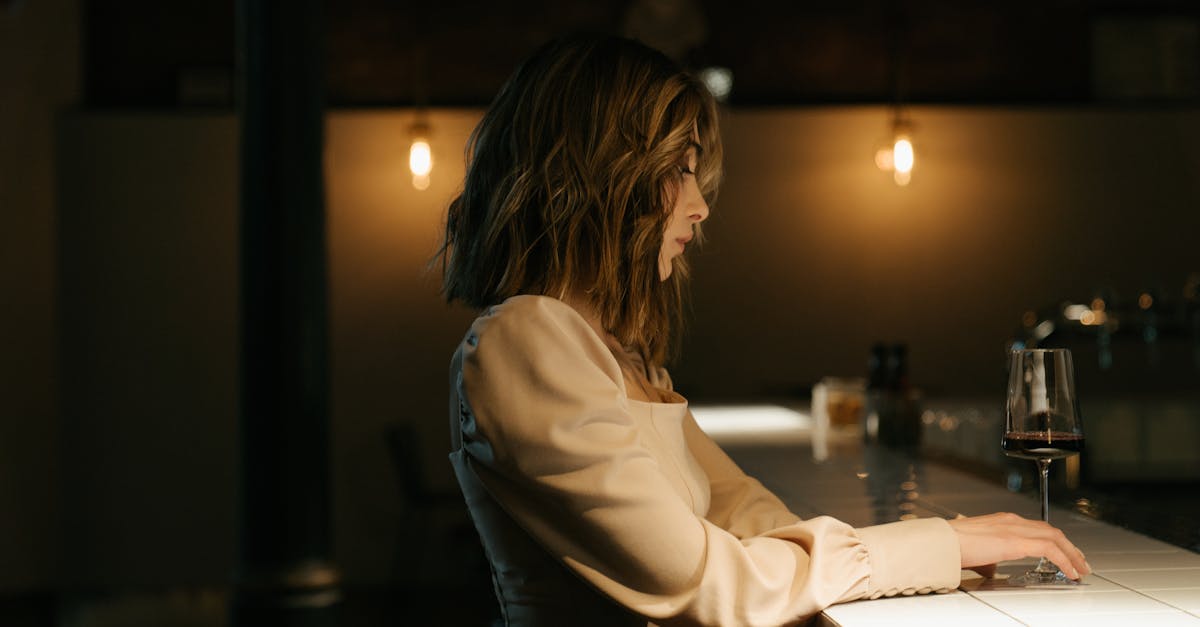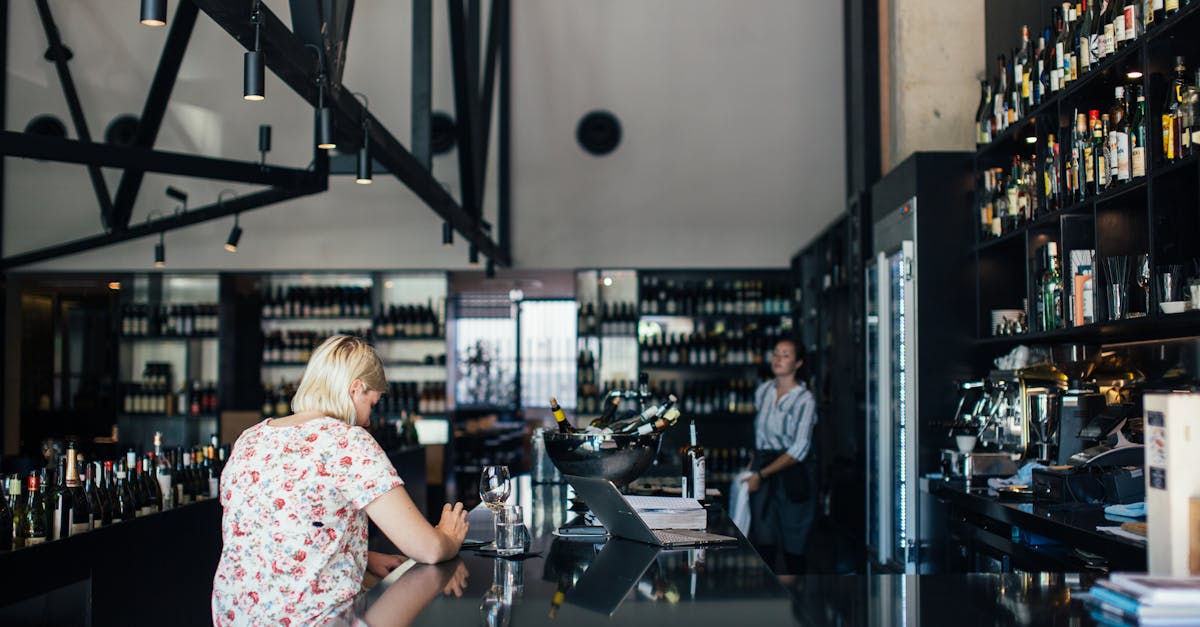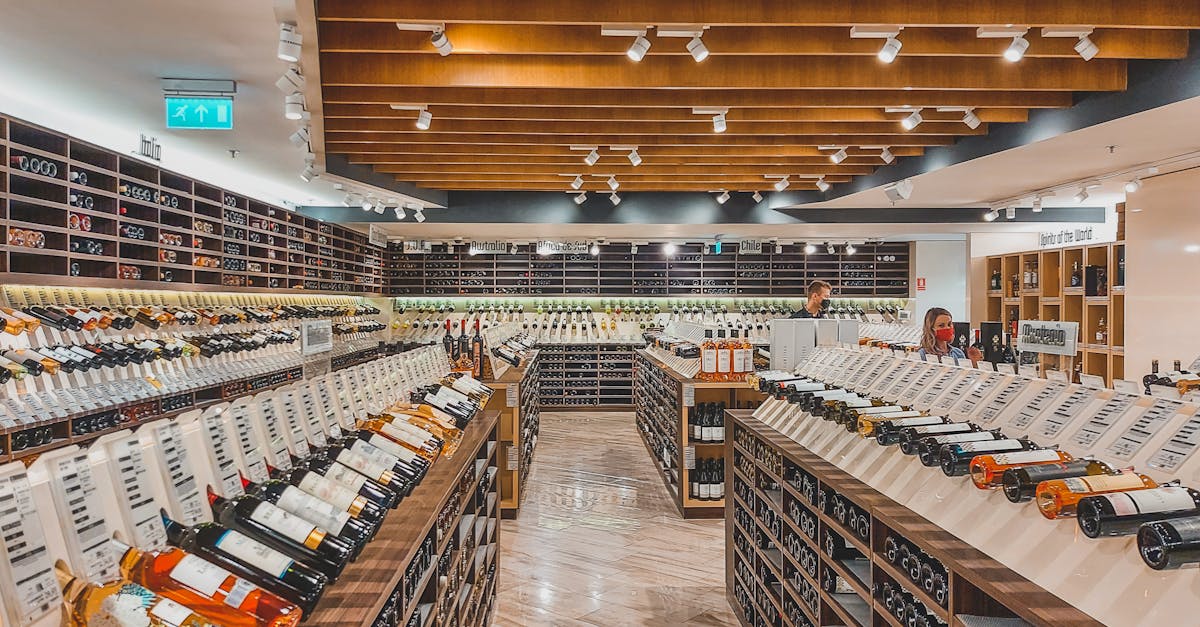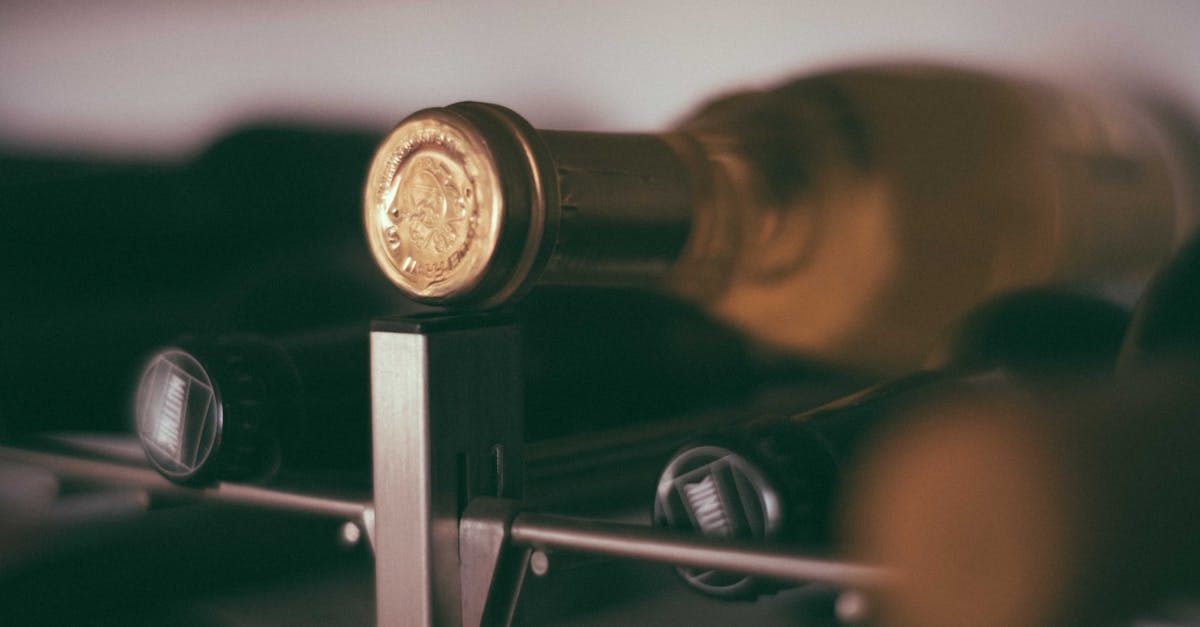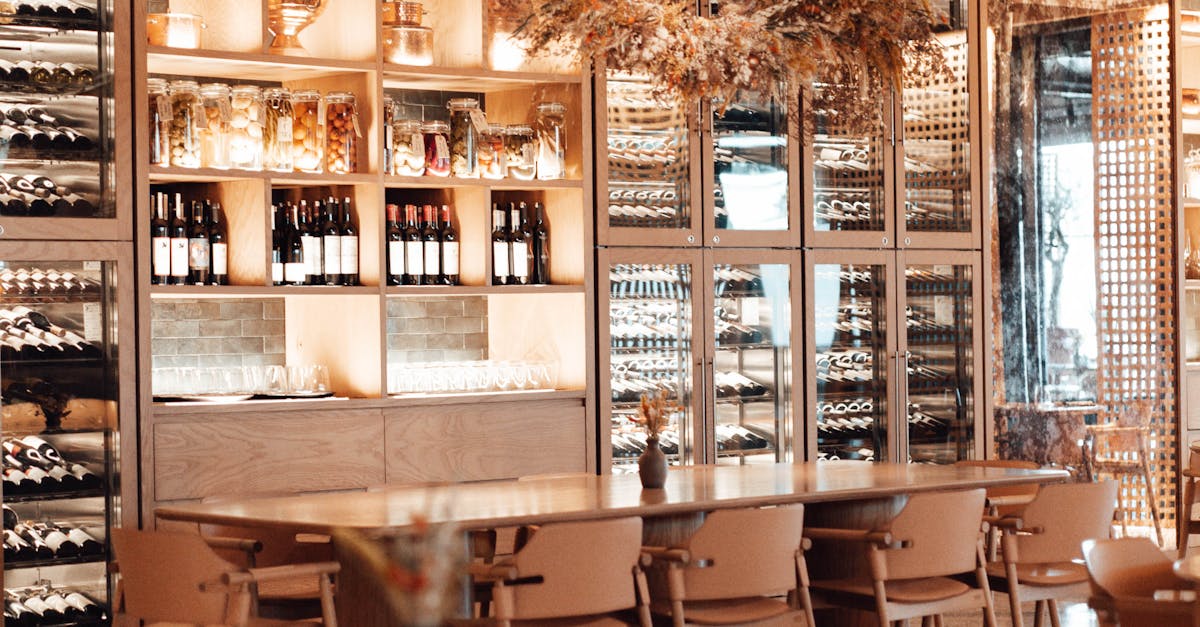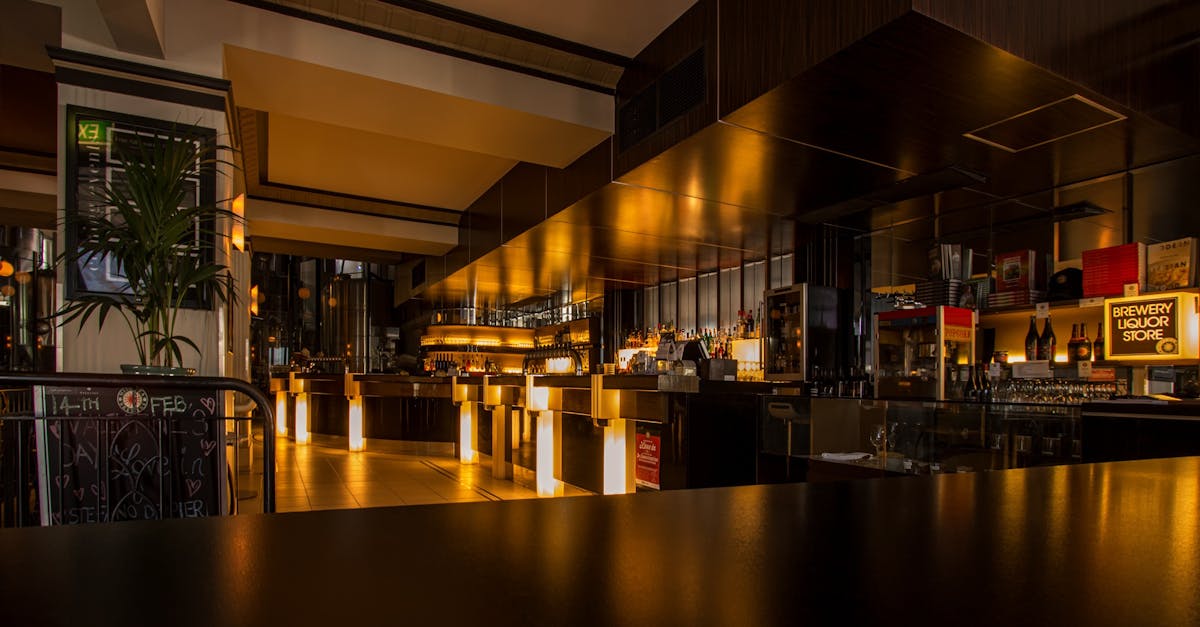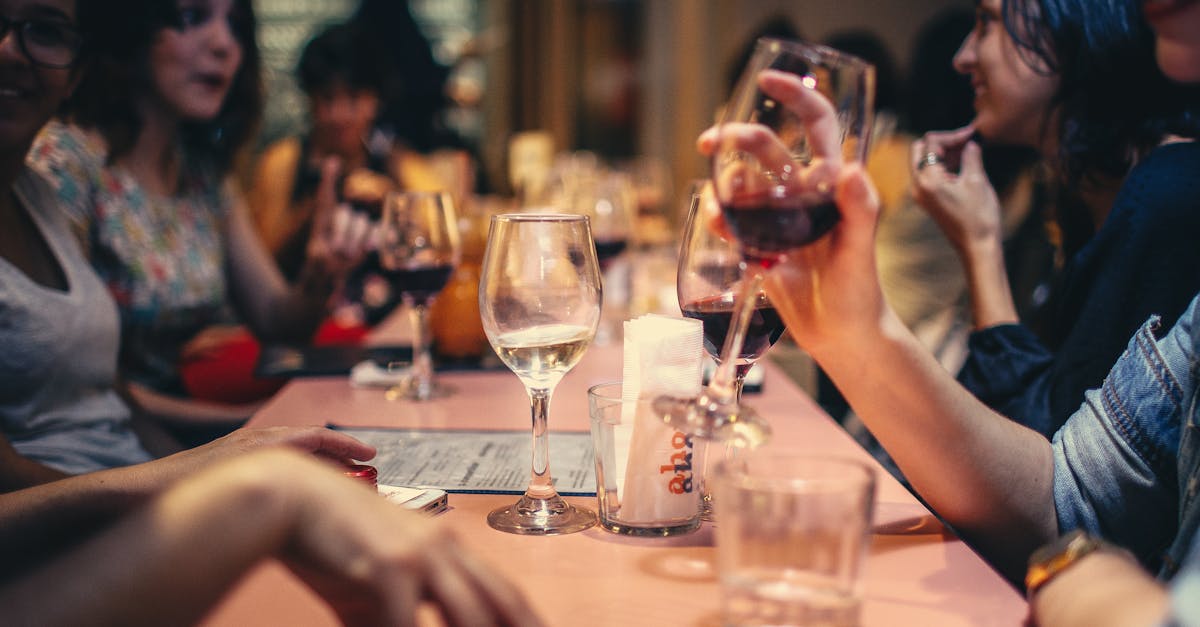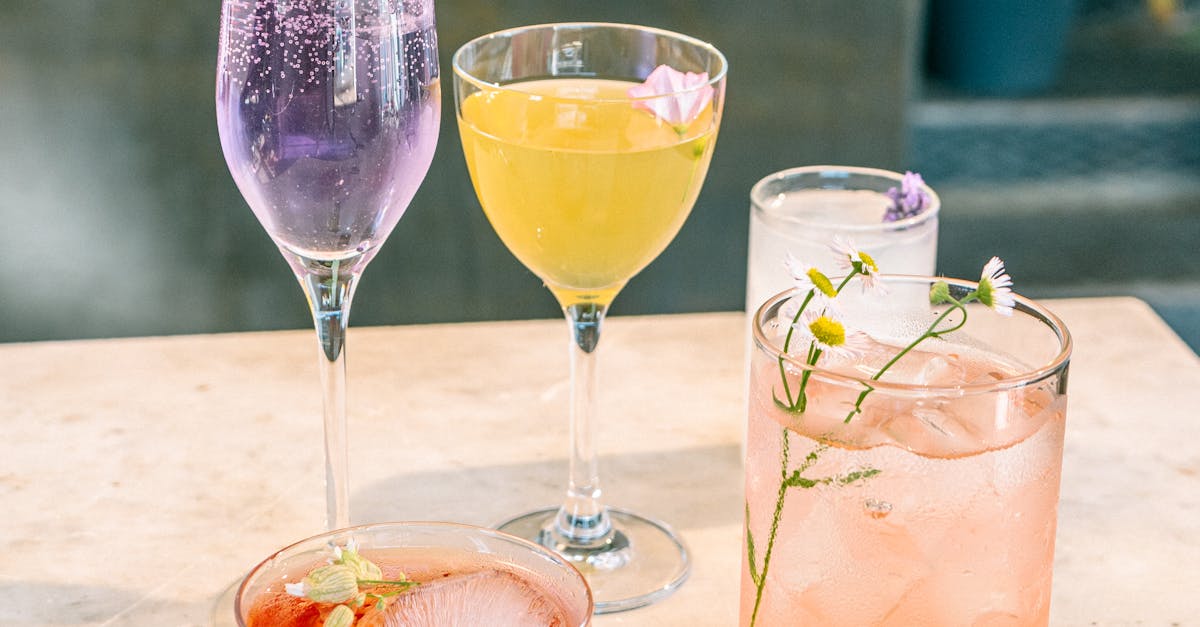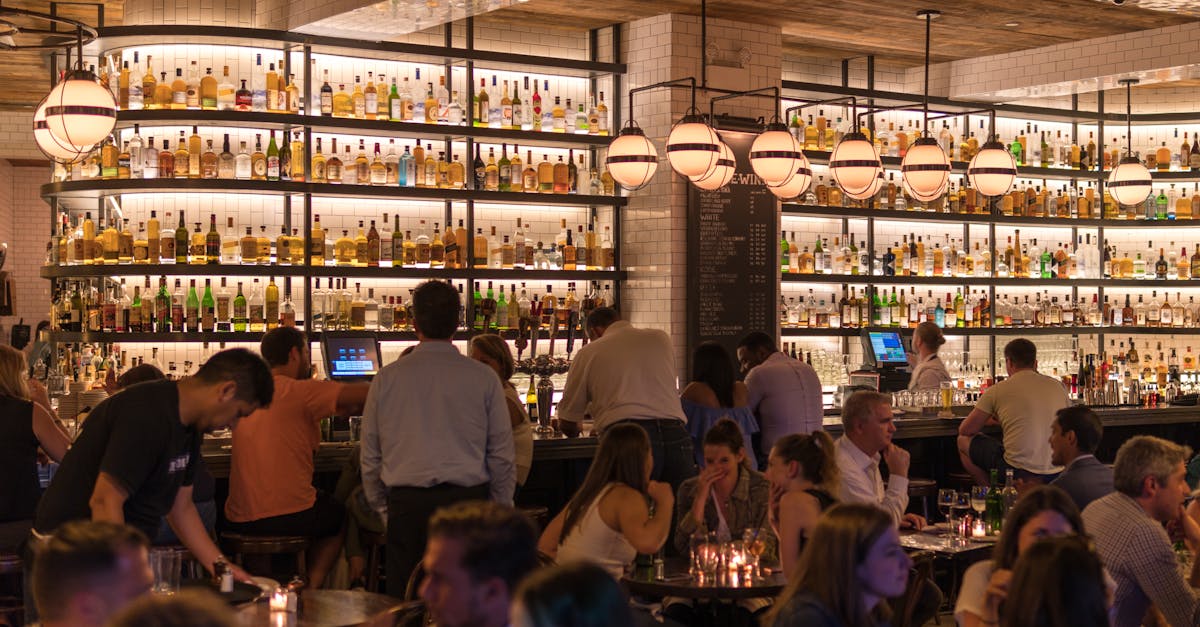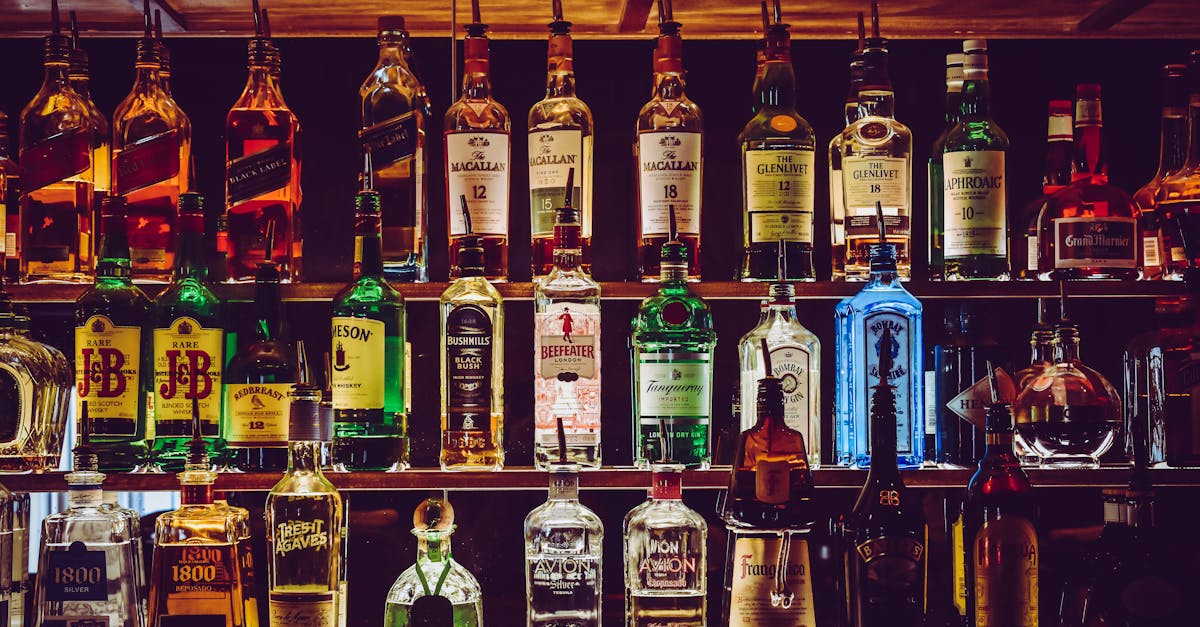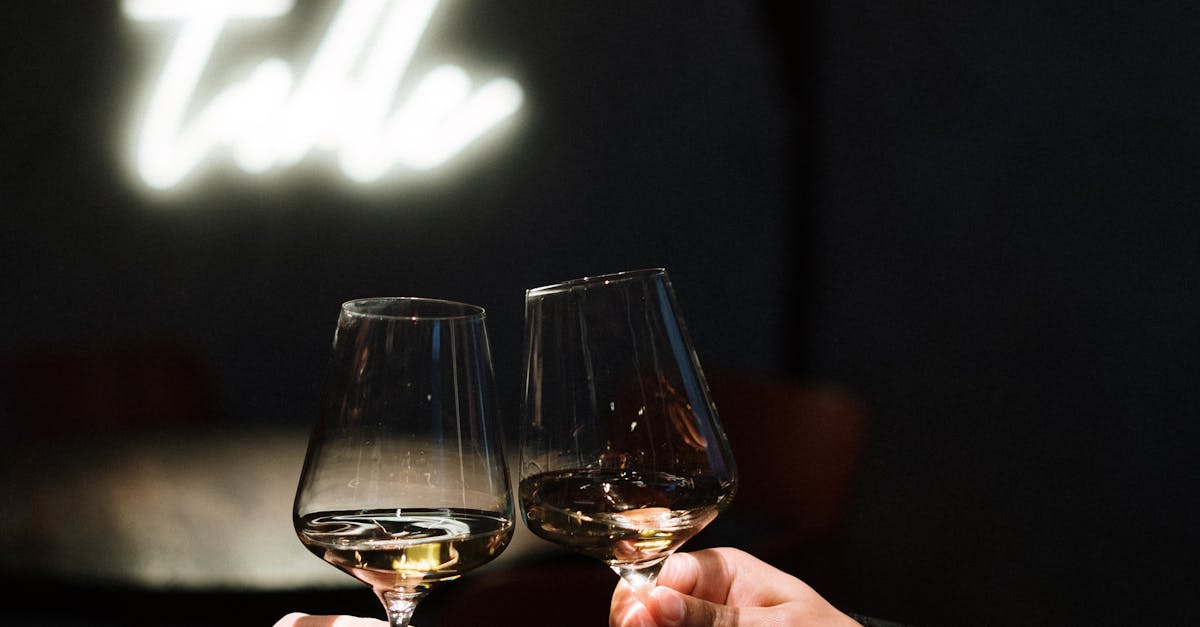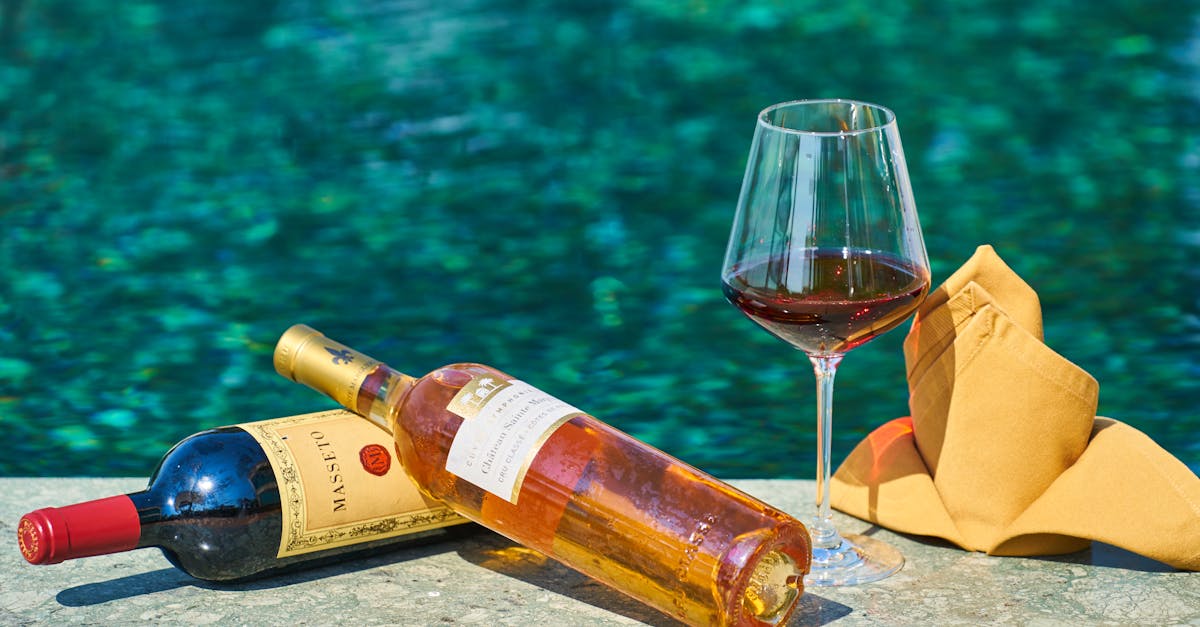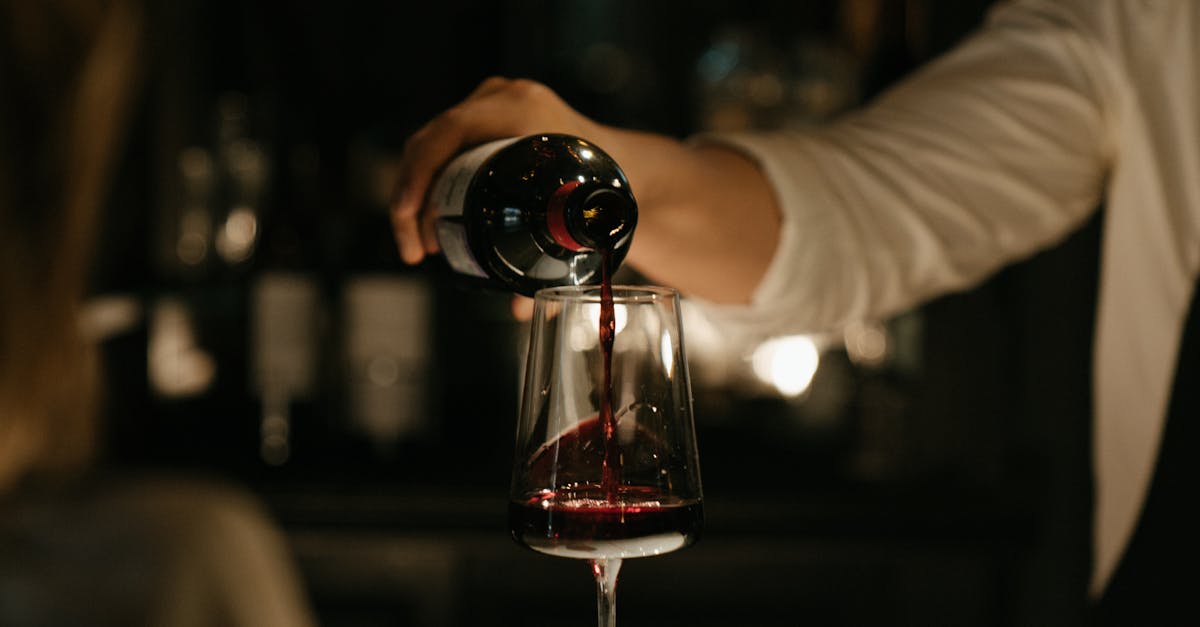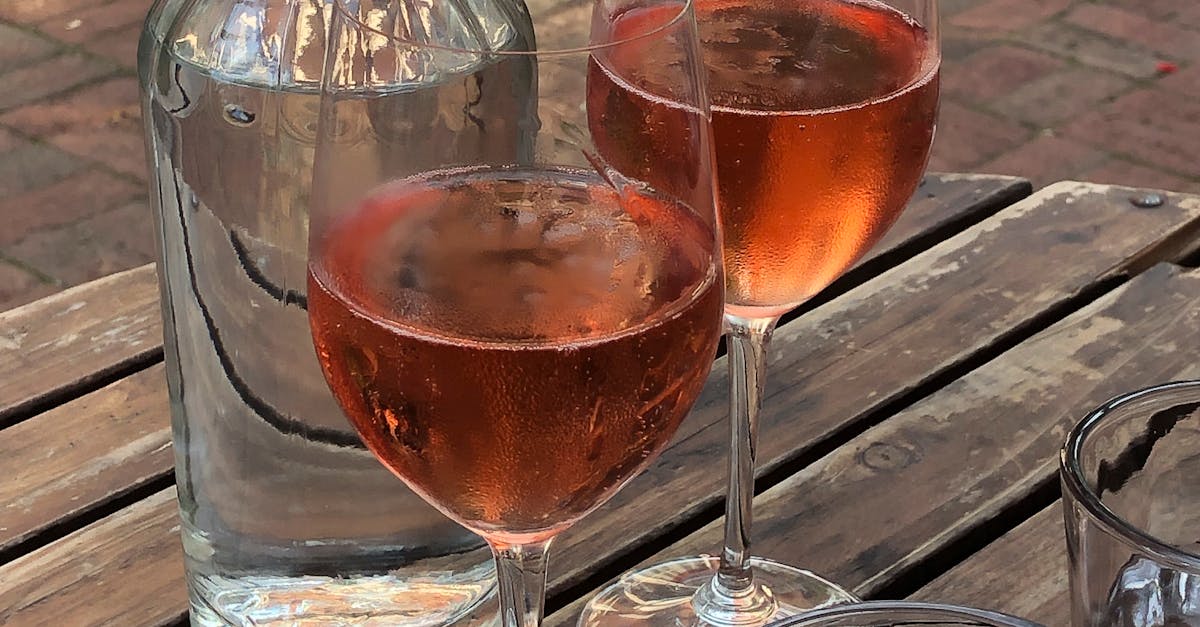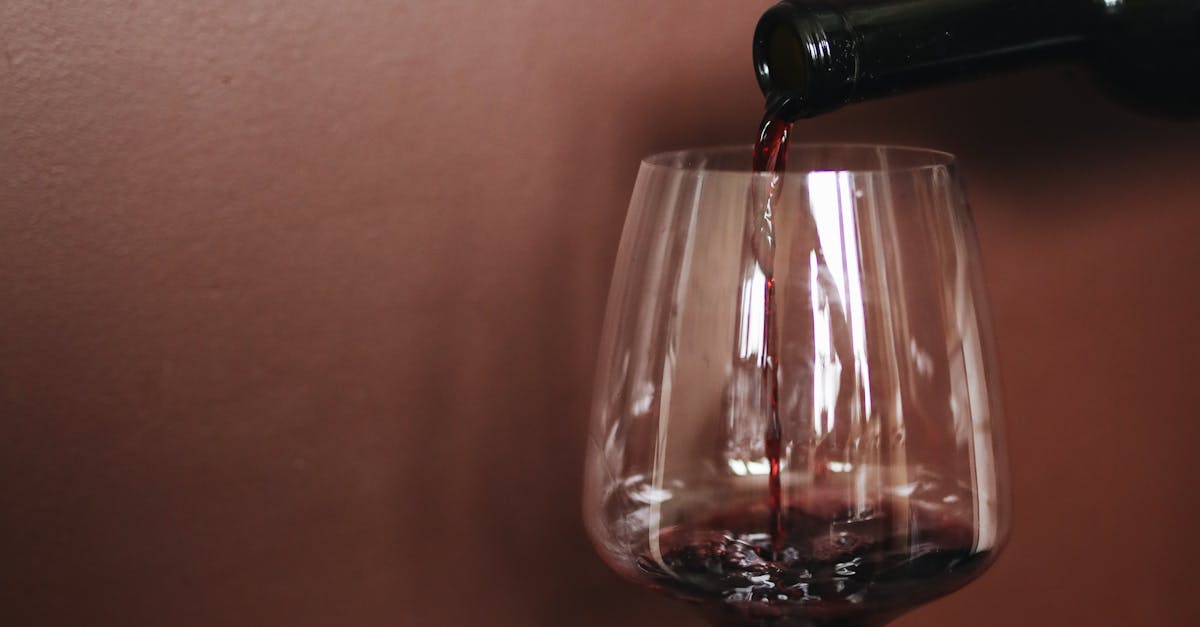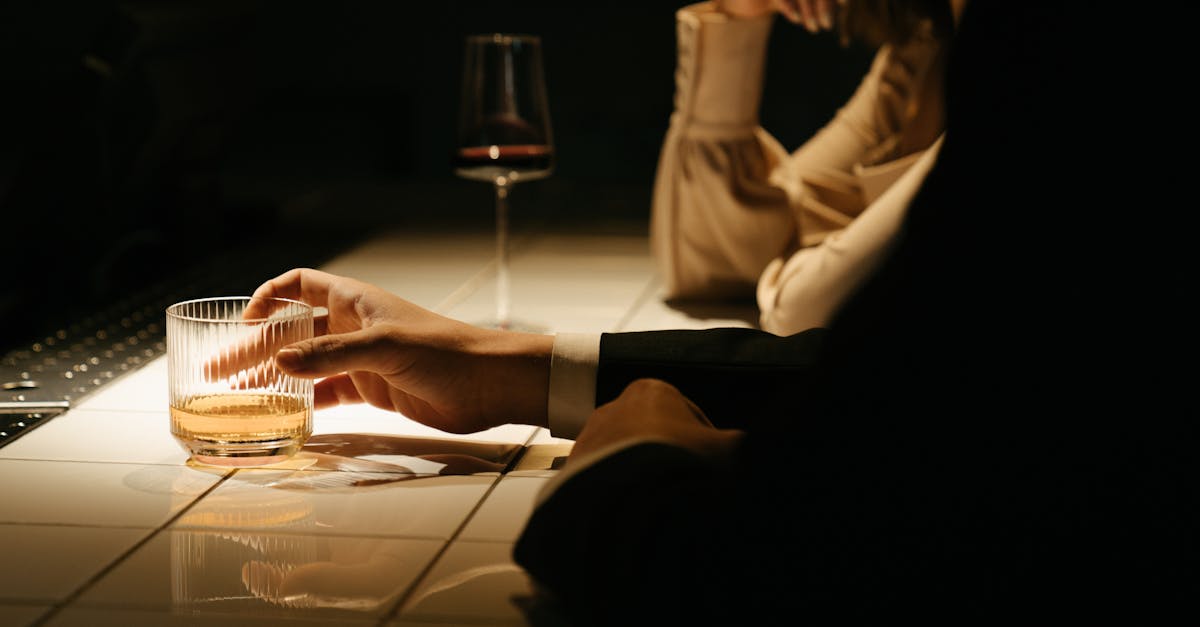
Table Of Contents
Additional Features and Accessories
Custom bars and wine cellars can greatly enhance the functionality and aesthetic appeal of a wine room. Including a custom-designed bar area in your wine cellar not only provides a convenient space for serving and enjoying wine but also adds a touch of elegance to the room. The addition of features such as built-in wine racks, integrated lighting, and a tasting area can elevate the overall ambiance of the space, creating a luxurious setting for showcasing your wine collection.
Investing in high-quality accessories can further enhance the functionality and enjoyment of your wine cellar. Features such as a temperature-controlled wine cabinet, a wine dispenser system, or a wine inventory management software can streamline the storage and organization of your collection. Additionally, including decorative elements like customized signage, unique wall art, or stylish furniture can add a personal touch to the room, making it a truly inviting space to entertain guests and savor your favorite wines.
Temperature and Humidity Monitoring
Temperature and humidity play crucial roles in maintaining the ideal conditions within a wine cellar. Monitoring these factors accurately is essential to ensure that the wines age properly and retain their quality. Custom Bars and Wine Cellars recommends installing a reliable system that can keep track of temperature and humidity levels consistently. This system may include sensors and monitors that provide real-time data and alerts in case of any fluctuations.
Investing in a quality temperature and humidity monitoring system is essential for the long-term success of your wine cellar. By ensuring that these conditions are consistently met, you can safeguard your wine collection from any potential damage due to excessive heat or moisture. Custom Bars and Wine Cellars can provide guidance on selecting the most suitable monitoring system based on the size of your cellar and your specific needs.
Permits and Labor Costs
For individuals looking to convert a room into a wine cellar, obtaining the necessary permits and securing labor for the renovation process are key components that should not be overlooked. Permit costs can vary depending on the location and scope of the project. It is essential to check with local authorities to determine the specific requirements and associated fees. Hiring skilled labor, such as contractors experienced in Custom Bars and Wine Cellars, is crucial for ensuring that the conversion is done effectively and efficiently.
When considering labor costs, homeowners should inquire about quotes from multiple contractors to compare prices and services offered. Seeking reputable professionals in the field of Custom Bars and Wine Cellars can provide assurance that the transformation of the room into a wine cellar is executed with meticulous attention to detail. Additionally, working with experienced contractors may help minimize the risk of potential issues arising during the renovation process, ultimately saving time and money in the long run.
Hiring a Professional Contractor
When considering transforming a room into a wine cellar, hiring a professional contractor is essential to ensure the project is completed successfully. Custom Bars and Wine Cellars require precision and expertise to create a space that not only stores your wine collection effectively but also adds value to your home.
Professionals in the field of wine cellar conversion possess the knowledge and skills necessary to navigate challenges that may arise during the process. Their experience allows them to offer valuable insight into the design, construction, and installation of the cellar, ensuring that every aspect is executed with attention to detail.
Maintenance and Operational Costs
When it comes to transforming a room into a wine cellar, maintenance and operational costs are something that should be factored in. Custom Bars and Wine Cellars typically require ongoing maintenance to ensure the wines are stored in optimal conditions. This may include monitoring and adjusting temperature and humidity levels, replacing air filters, and checking for any leaks or damage regularly.
Moreover, operational costs can vary depending on the size of the wine cellar and the energy efficiency of the cooling system used. It's essential to consider the long-term operational expenses such as electricity for the cooling unit, water usage, and any additional costs for lighting and shelving. Properly managing these operational costs can help maintain the quality of the wines stored in the cellar and ensure the longevity of the custom space.
Energy Efficiency Strategies
To enhance the energy efficiency of your wine cellar, consider investing in adequate insulation for the walls, ceiling, and flooring. Proper insulation helps maintain a stable temperature within the cellar, reducing the workload on cooling systems. Additionally, installing energy-efficient lighting, such as LED fixtures, not only minimizes heat output but also reduces electricity consumption. Custom Bars and Wine Cellars recommends utilizing motion sensor lights to ensure that lights are only activated when the cellar is in use, further conserving energy.
Another key strategy to optimize energy efficiency in your wine cellar is to invest in a high-quality cooling system that is appropriately sized for the space. An overpowered cooling unit can lead to frequent on-off cycles, which not only consumes more energy but also puts a strain on the system, affecting its longevity. Regular maintenance of the cooling system, including cleaning filters and coils, is essential to ensure it operates efficiently. By implementing these energy efficiency strategies, you can create an eco-friendly and cost-effective wine cellar that preserves your collection under optimal conditions.
FAQS
How much does it typically cost to convert a room into a wine cellar?
The cost of converting a room into a wine cellar can vary depending on factors such as the size of the room, the type of materials used, and any additional features or accessories added. On average, you can expect to pay anywhere from $10,000 to $30,000 for a basic conversion.
What are some additional features and accessories that can increase the cost of converting a room into a wine cellar?
Additional features and accessories such as custom racking, lighting, flooring, insulation, and a cooling system can significantly increase the cost of converting a room into a wine cellar. These upgrades can add several thousand dollars to the overall cost.
Do I need to monitor temperature and humidity in my wine cellar, and how much does this typically cost?
Yes, it is crucial to monitor temperature and humidity in a wine cellar to ensure that your wines are stored properly. The cost of temperature and humidity monitoring systems can range from a few hundred dollars to over a thousand dollars, depending on the complexity of the system.
Are permits required for converting a room into a wine cellar, and how much can labor costs add to the overall expense?
Permits may be required for converting a room into a wine cellar, depending on your local building codes and regulations. Labor costs for hiring a professional contractor to complete the conversion can vary but typically range from $5,000 to $15,000, depending on the scope of work.
How much can I expect to spend on maintenance and operational costs for a wine cellar?
Maintenance and operational costs for a wine cellar can vary depending on factors such as energy efficiency strategies, the size of the cellar, and the cost of electricity in your area. On average, you can expect to spend a few hundred dollars per year on maintenance and operational costs, including electricity for cooling systems.
